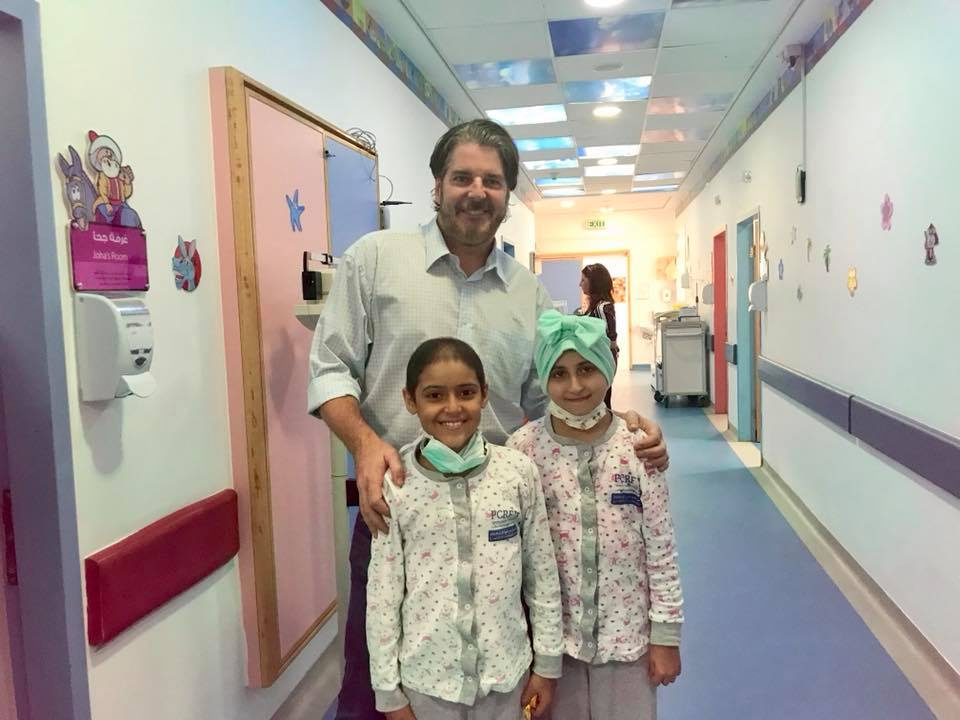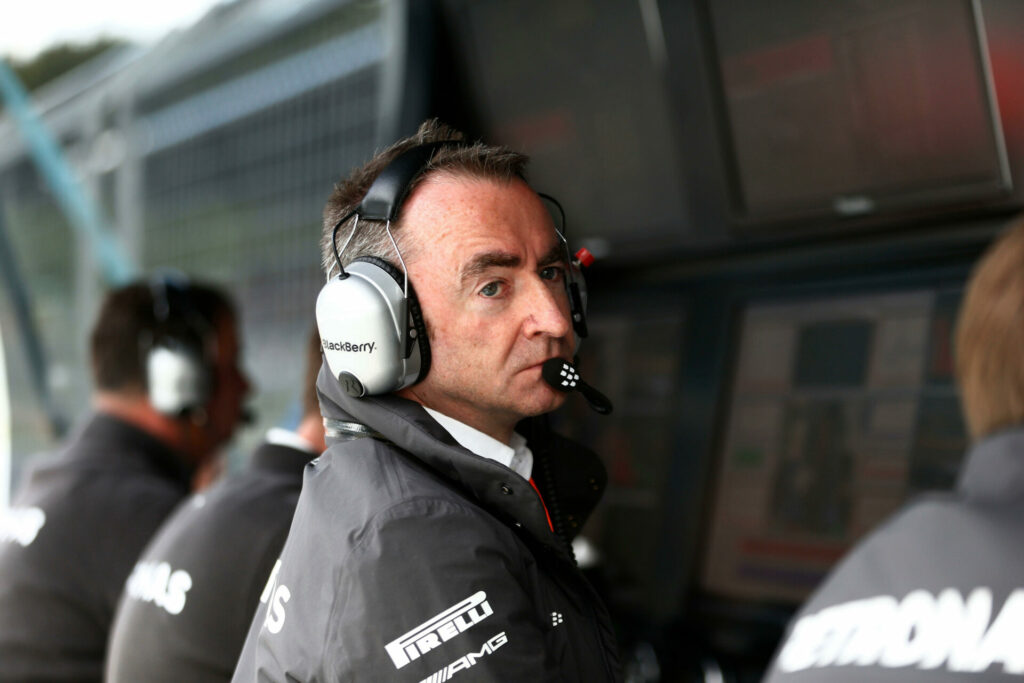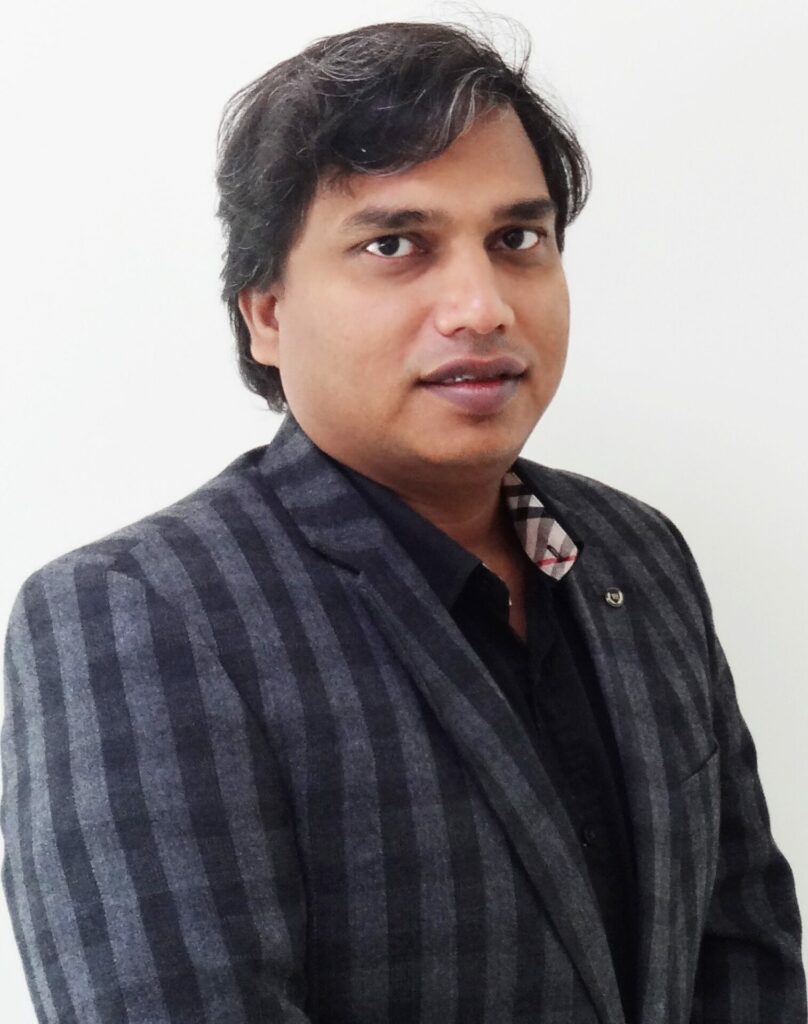Steve Sosebee is just a common man – if his modest Instagram bio is to be believed, that is. In reality, he is the founder of Palestine Children’s Relief Fund (PCRF), a non-profit organisation providing medical and humanitarian relief to Arab children throughout the Levant, regardless of their origin. Established in 1992, PCRF has sent over 2,000 sick and injured children abroad for free medical care, as well as sponsored hundreds of volunteer medical teams from all over the world to treat tens of thousands of sick and injured youths in local hospitals. Not only has the NGO built two paediatric cancer departments in Palestine, but it has also established several programmes to support the development of a sustainable healthcare system on the ground.
Our conversation with Sosebee coincides with a watershed moment; he recently resigned as president of PCRF due to differences with the board of directors over its mission and culture. Now, as he awaits best practice recommendations for non-profits from an independent governance consultant in order to determine his next step, he says that resigning from the organisation that he spent his whole life building was the hardest decision of his life. ‘I did it out of principle as to how I believe a non-profit should function, its values, its role, and its mission,’ he explains. ‘No matter what happens, I will continue to put all of my energy into serving Palestine and helping its children.’ Here, he reveals the nuances of his life mission amidst Israel’s military occupation.
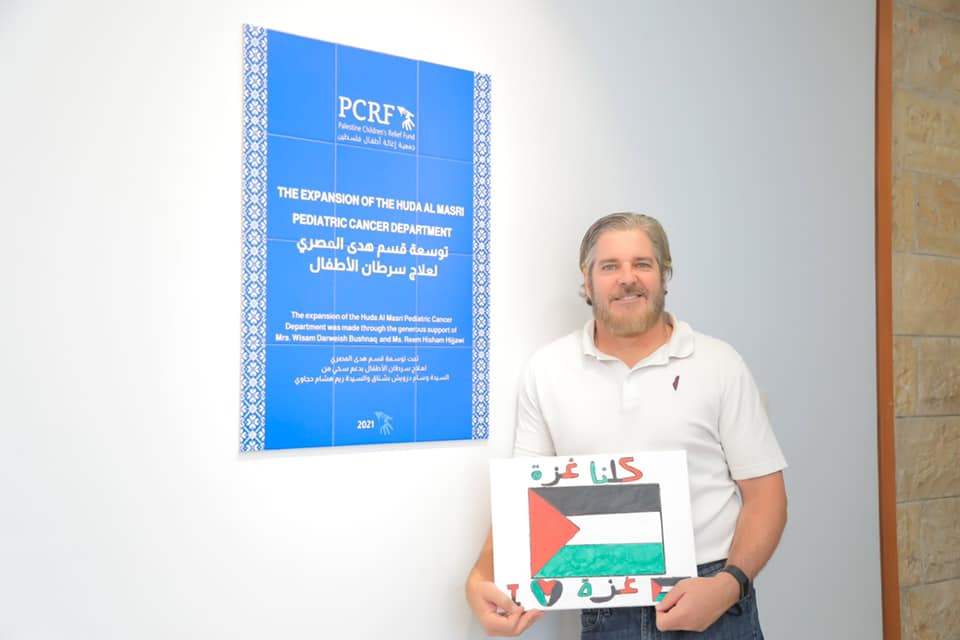
TE: As an NGO, PCRF is apolitical, but so much of your activism is directly impacted by the dire political situation in Palestine. How do you keep the two separate?
SS: Well, we do try to keep them separate, but I’ll tell you the two major points on this issue and the work that we do. The first is obvious. Everything that goes on in Palestine is political – the water people drink in Gaza is political, the air they breathe is political, the land they walk on is political. And access to healthcare and medication is no exception. The work we’re doing is not political, but it’s being highly impacted by politics due to the circumstances that exist on the ground.
Secondly, my own personal motivation for serving these people is because I believe in justice, I believe in their cause. And I believe that I have a responsibility as an American man, as a white American man, the most privileged person on this planet. I have a responsibility to stand with my brothers and sisters who are denied freedom anywhere in the world. And it’s particularly true in Palestine because, as an American, my government is the main party in denying these people their rights – so yes, my motivation for this work is political because justice is what I work for. My work itself is not political because I’m helping children get medical care. It’s not a contradiction, it’s just a boundary.
Let’s remember that Gaza itself is two million people, and half of them are children, so it’s a very complicated mental health challenge because they also live in extreme poverty – in addition to living under siege.
TE: As outsiders, we don’t always see the whole picture through mainstream media. What can you tell us about the situation from a healthcare perspective?
SS: The healthcare situation is affected by several different factors, many of which are political – and not all of them are external. Some of them exist internally within the dysfunctional political establishment or system that has been created by the Palestinians. For example, you have two separate Ministries of Health in Gaza and the West Bank, and while they try to call themselves a unified ‘Ministry of Health’, they’re actually not. They’re affected by political pressures from outside, therefore impacting, for example, the ability of Gaza’s Ministry of Health to operate and pay salaries and provide medical care to patients. That’s a big factor, and many people have died as a result.
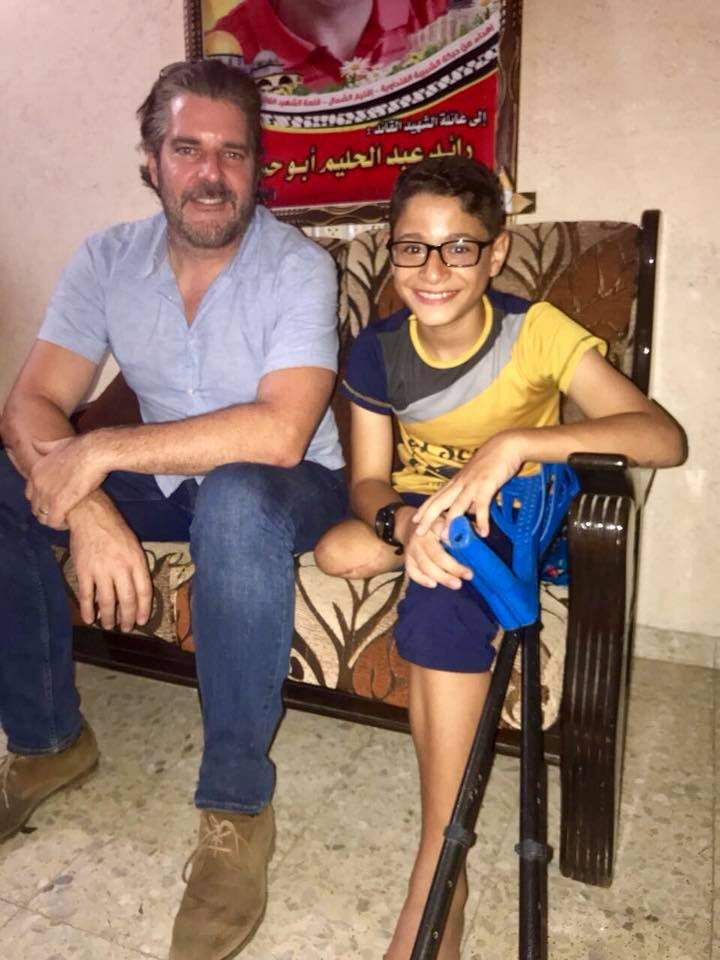
TE: Considering that mental health services are still a luxury for so many, what sort of progress have you seen in terms of resources addressing the rise of anxiety disorders and PTSD in Palestine?
The real challenges are in Gaza because most of the PTSD is a result of the constant bombings over the past ten years, with the entire population impacted by the destruction of buildings and killing of neighbours and family members. Let’s remember that Gaza itself is two million people, and half of them are children, so it’s a very complicated mental health challenge because they also live in extreme poverty – in addition to living under siege. And they have extreme hardships, such as undrinkable water.
When you combine such dynamics with regular exposure to violence, the challenges that emerge for professionals are extreme – almost insurmountable. But what we can do is identify certain groups for whom we can make a change, given the limited resources. I’m just one man; I had to choose one area where I could focus my energy and, within that, I chose the health sector. And the needs within that health sector are overwhelming, so I chose children. It’s the same with mental health. We’re choosing select groups within certain programmes.
For example, we have kids with cancer who have their own mental health issues because they’re undergoing this horrible disease. And there’s a cultural component as well because people there don’t talk about cancer – there’s a shame to it. We have other groups, like amputees who require mental health care, too. Within these groups, we’re able to have some impact on the level of mental health support for children. We also have a medical advisory board guides our programmes and ensures that they’re effective. Still, it’s very difficult to see positive results when the root cause of their distress continues.
TE: It’s often been said that Black Lives Matter helped change the conversation on the Palestinian struggle. What have been your personal observations on this front?
SS: Things have changed – it’s no longer a taboo to speak about Palestine. It’s no longer a question as to whether Israel is committing human rights violations, which was always the argument of Zionists and pro-Israel groups. We’ve seen too much. We know too much. That’s why the argument has kind of shifted from these kinds of questions into now, where you’re dubbed ‘anti-Semitic’ if you claim Israel’s actions are somehow delegitimising itself.
I started this organisation 30 years ago, helping one child, then two, then four, and then six. The reward comes from seeing a child without legs get new legs and walk again, or a child with a hole in his heart have that heart repaired.
Steve Sosebee
But there are signs of hope thanks to the younger generation and the ability of social media to get past mainstream censorship, which we’ve seen from traditional news outlets. Now, whether that’s going to change in policy is another question because the US doesn’t have a truly political democratic system – money also has a significant role in the policies that politicians support. And it can often be at the expense of what their constituents want. You can have all the public opinion polls favour Palestine, but if America continues to send military and financial aid to Israel, then nothing’s going to change.
This is just the reality. But I am optimistic. It’s just a matter of time before there’s more pressure on the Israelis to make a change. It’s probably not going to happen in my lifetime, but I do know one thing: Palestinians are not going to give up. That’s a source of inspiration for Palestinians, and a source of distress for Israelis who see this conflict as a zero-sum game. They’re convinced that any advantage for the Palestinians when it comes to equality is a loss for the Israelis, and I don’t see it like that.
TE: Lastly, where do you find the motivation – optimism, even – to keep going among such dynamics?
SS: That’s a good question. Within PCRF, we’re always in a constant struggle between the short-term responsibilities of responding to the crisis on the ground that comes about as a result of the Israeli occupation and the much bigger responsibility of developing the healthcare sector in order to empower their own doctors and system to be more independent. That’s a huge challenge for us. Personally, you can get burned out and easily find yourself disenchanted by working under the conditions that I’ve outlined.
But I started this organisation 30 years ago, helping one child get medical care, then two, then four, and then six. The reward comes from seeing a child without legs get new legs and walk again, or a child with a hole in his heart have that heart repaired – that’s what has always driven me. As for my ability to motivate and inspire volunteers from all over the world to get involved? That comes from me being a very positive person. Obviously, there are going to be failures and challenges – the one I’m currently going through with my board of directors is a big source of frustration – but I know I’ll be ready to serve more children in the future, no matter what happens.


